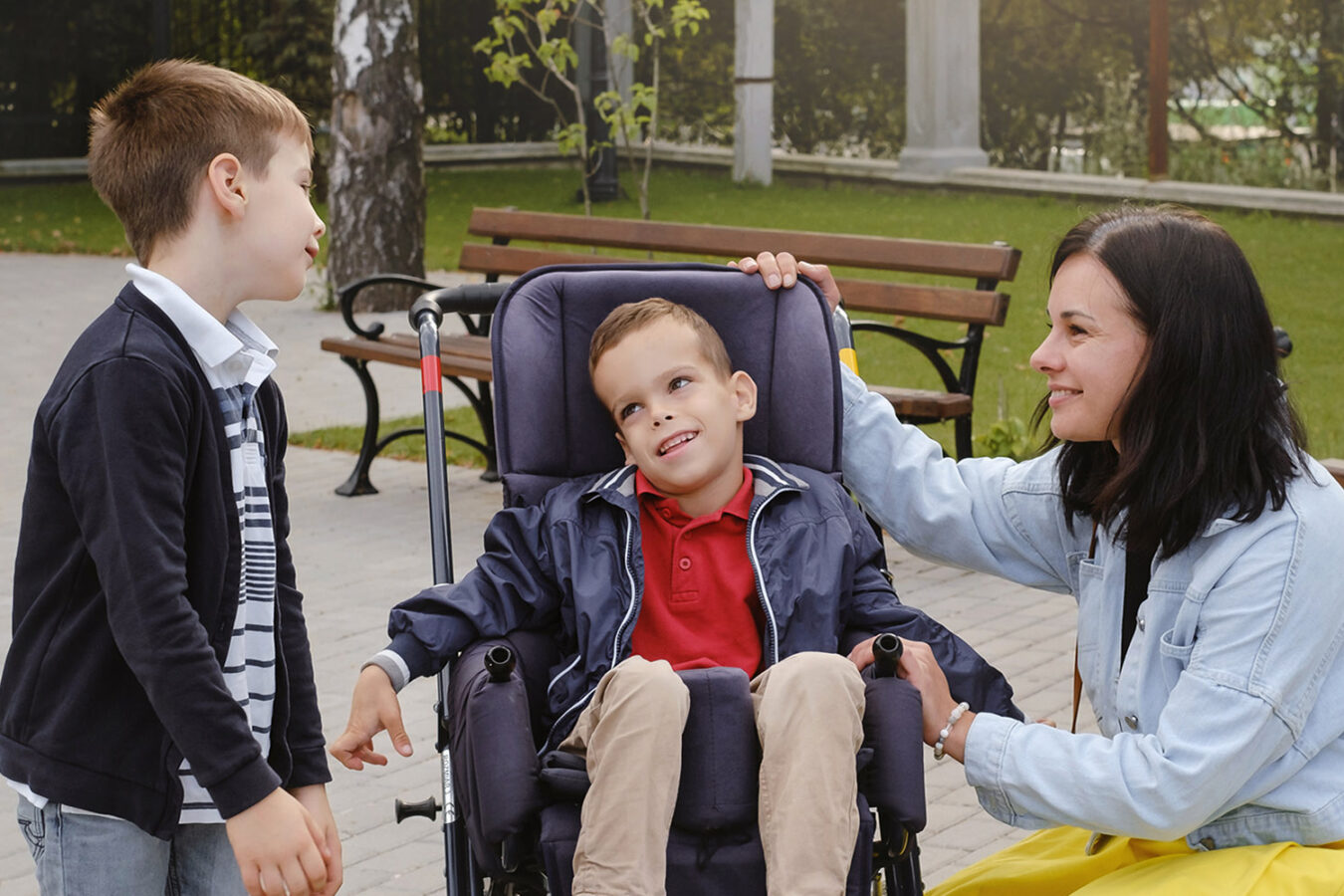
The link between allowing girls to be funny and empowerment, single sex versus coed, and how to react when your child lies.
Our selection of thought-provoking and useful articles from around the web on educating and raising children.

Want to raise an empowered girl? Then let her be funny
(Ellen McCarthy, Washington Post)
We want our daughters to be ambitious, athletic, opinionated and outspoken. Raising truly empowered girls should also mean raising funny ones, this article argues. The picture to emerge from experts and anecdotal experiences reported is that humour has been seen as territory for boys, discouraged and suppressed in girls. Yet there is an abundance of research on the social advantages that come with a strong sense of humour.
Research shows the importance of parents reading with children – even after children can read
(Margaret Kristin Merga, The Conversation)
Reading to a child can be one of the joys of being a parent: a time of emotional connection as knowledge is imparted and skills developed. But should it stop when a child can read independently? This article reports on a survey of 1000 Year 4 and 6 students – nearly three fifths were not being read to at home. The author argues that parents should keep reading to their children as long as it remains a positive experience. Shared reading experiences continue to be highly beneficial for young people.
My son has thrived at a boys’ school, my girls are fine with co-ed
(Kerri Sackville, SMH)
The co-ed versus single sex debate continues to swirl around us. What should a parent do? Calm down, suggests the author – there is no clear ‘right’ way when it comes to parenting. She draws on her own experience of her son attending a non-government boys’ school because he was struggling and unhappy in a co-ed school. He thrived in the all-boys environment. Meanwhile, her daughters are happy and settled in a co-ed school. Each child is different, she points out, and each school is different.
Why You Shouldn’t Punish Your Kids for Lying
(Alan Kazdin, Time Ideas)
Children are exposed to lying as part of their daily lives. So what should you do when a child lies? The most common reactions are explaining why lying is wrong and punishment. The author, from the Yale Parenting Centre, says these reactions are ineffective. Instead, he suggests trying other strategies, such as praising the child when they relate something that is true.
Like this post? Please share using the buttons on this page.
Subscribe to The Parents Website

